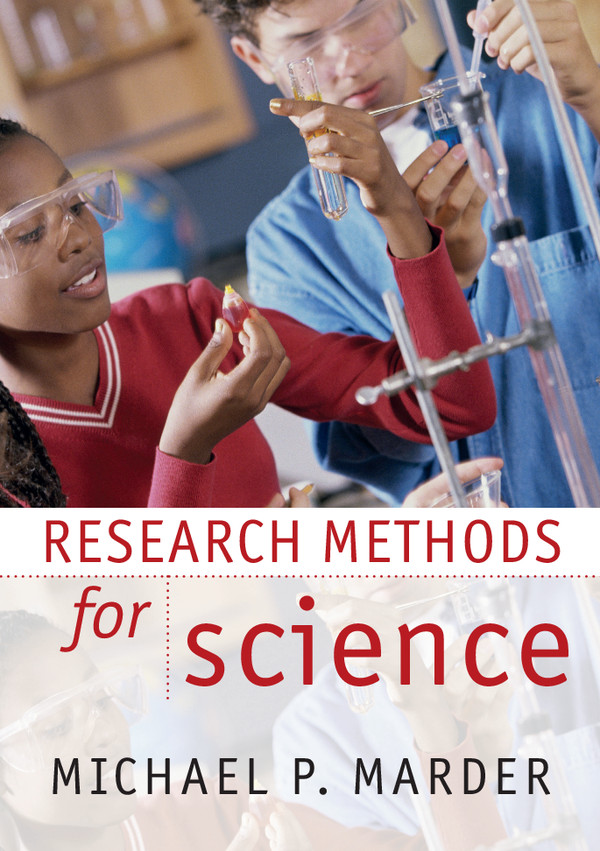Book contents
- Frontmatter
- Contents
- Preface
- 1 Curiosity and research
- 2 Overview of experimental analysis and design
- 3 Statistics
- 4 Mathematical models
- 5 Scientific information
- Appendix A Spreadsheets for basic scientific computation
- Appendix B Extract from Galileo's Two New Sciences
- Appendix C Safety in the laboratory
- Appendix D Grading rubrics
- Index
1 - Curiosity and research
Published online by Cambridge University Press: 05 June 2012
- Frontmatter
- Contents
- Preface
- 1 Curiosity and research
- 2 Overview of experimental analysis and design
- 3 Statistics
- 4 Mathematical models
- 5 Scientific information
- Appendix A Spreadsheets for basic scientific computation
- Appendix B Extract from Galileo's Two New Sciences
- Appendix C Safety in the laboratory
- Appendix D Grading rubrics
- Index
Summary
Course goals
Science starts with curiosity about the world. It starts with questions about why the sky is blue, why dogs wag their tails, whether electric power lines cause cancer, and whether God plays dice with the universe. But while curiosity is necessary for science, it is not enough. Science also depends upon logical thought, carefully planned experiments, mathematical and computer models, specialized instruments, and many other elements. In this course, you will learn some of the research methods that turn curiosity into science. In particular, you will learn to
Create your own experiments to answer scientific questions.
Design experiments to reduce systematic and random errors and use statistics to interpret the results.
Use probes and computers to gather and analyze data.
Treat human subjects in an ethical fashion.
Apply safe laboratory procedures.
Find and read articles in the scientific literature.
Create mathematical models of scientific phenomena.
Apply scientific arguments in matters of social importance.
Write scientific papers.
Review scientific papers.
Give oral presentations of scientific work.
You will not just be learning about these skills. You will be acquiring and applying them by carrying out scientific inquiries.
Kinds of questions
Testable questions Every scientific inquiry answers questions, and most scientific inquiries begin with specific questions.
Information
- Type
- Chapter
- Information
- Research Methods for Science , pp. 1 - 17Publisher: Cambridge University PressPrint publication year: 2011
